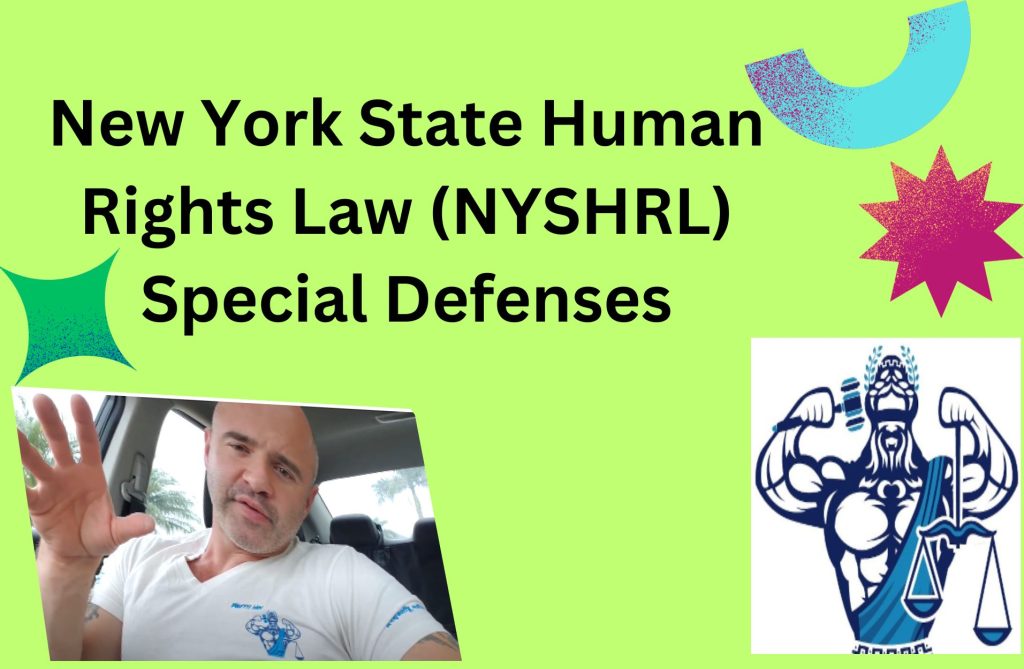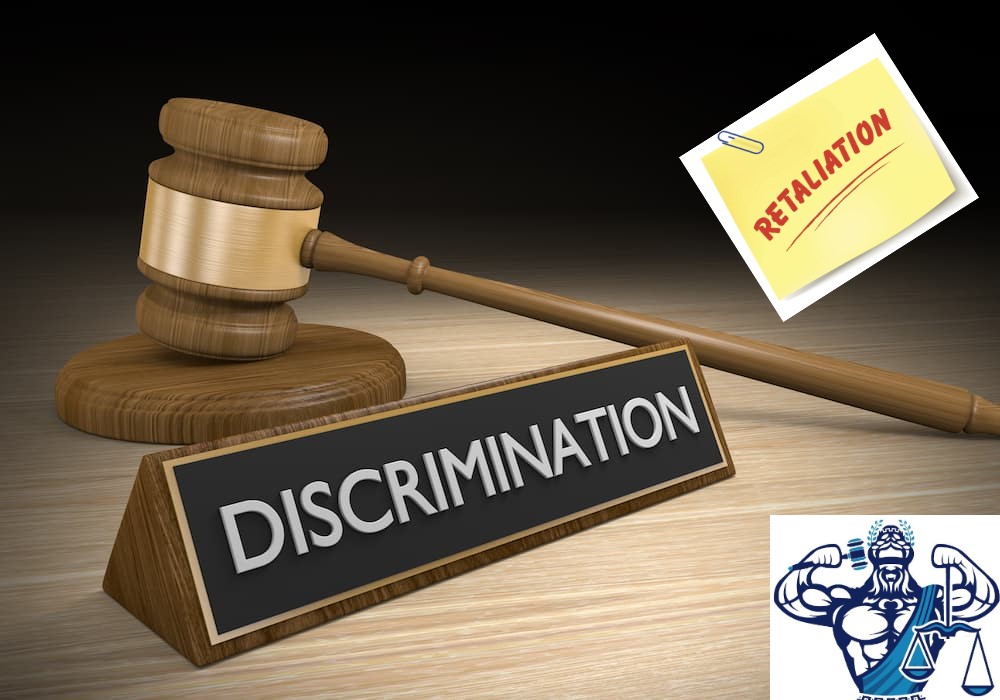Here at the Law Office of Vincent Miletti, Esq. and the home of the #UnusuallyMotivated movement, we take pride as a resilient and dependable legal services firm, providing such services in both a traditional and online, web-based environment. With mastered specialization in areas such as Employment and Labor Law, Intellectual Property (IP) (trademark, copyright, patent), Entertainment Law, and e-Commerce (Supply Chain, Distribution, Fulfillment, Standard Legal & Regulatory), we provide a range of legal services including, but not limited to traditional legal representation (litigation, mediation, arbitration, opinion letters, and advisory), non-litigated business legal representation and legal counsel, and unique, online legal services such as smart forms, mobile training, and legal marketing and development.
Still, we, here at Miletti Law®, feel obligated to enlighten, educate, and create awareness, free of charge, about how these issues and many others affect our unusually motivated® readers and/or their businesses. Accordingly, to achieve this goal, we have committed ourselves to create authoritative, trustworthy, & distinctive content. Usually, this content is featured as videos posted on our YouTube Channel https://www.youtube.com/channel/UCtvUryqkkMAJLwrLu2BBt6w and blogs that are published on our website WWW.MILETTILAW.COM. With that, the ball is in your court and you have an effortless obligation to subscribe to the channel and sign up for the Newsletter on the website, which encompasses the best way to ensure that you stay in the loop and feel the positive impact of the knowledge bombs that we drop here!
As the authoritative force in Employment Law, we are thrilled to continue creating content-filled videos that cover diverse areas of Labor Law to educate and deliver in a sense that only Miletti Law® can. In this regard, this blog introduces you to yet another training video titled “How Employee Non-Competes Work In Florida.”
Going by the title, this video is an overview of how non-competes work in Florida. By way of backdrop, this is not the first time we are tackling the concept of non-competes. In our video titled “How To Ensure Non-Competes Are Enforceable” and accessible at https://www.youtube.com/watch?v=LEL0Hlk0EEY, and our blog published under the same title and accessible at https://milettilaw.com/blog/f/how-to-ensure-non-competes-are-enforceable, we hammered on this concept and provided you with a hands-on guide on how to ensure that non-competes are enforceable. Among other things, we mentioned that a “non-compete agreement” is an area of contract law involving a restrictive convent between an employer and an employee. We also added that in a non-compete agreement, an employer and employee agree that the latter shall not start a similar trade or profession or work for another employer in competition against the former employer. Thus, an employee’s ability to work for a competing or rival employer is restricted.
If you have not, please, do not hesitate to click both links to have wind of how one can ensure that non-competes are enforceable. Moving forward, let us now look at how non-competes work in Florida and the statutes involved in their enforcement.
How Employee Non-Competes Work In Florida
For starters, there is no uniform law governing non-compete agreements countrywide. This is because based on where the employer or workplace is located, they are enforced differently from state to state. Usually, the state or jurisdiction of law where a given non-compete agreement is applicable is discussed in an employment contract. It is crucial to note that various forms of non-compete agreements are recognized and enforced in most U.S. states. For instance, they are purely legal and strictly enforced in Florida. However, although they are permissible under limited circumstances in some jurisdictions, non-competes for employees are totally banned, prohibited, and unrecognized in a few states such as Oklahoma, North Dakota, and California. Back at home, they are also strongly discouraged in New York.
Back to the discussion, Florida is a popular pro-employer state and is known for being very lenient when it comes to protections for employees. This means that in Florida, non-compete agreements are treated distinctively compared to other states and more in favor of the employer. Accordingly, restrictions on the employee tend to be quite stringent in this state. Non-compete agreements in Florida are regulated and governed under a statute known as “Florida Statute 542.335.” Notably, this statute also controls the enforceability of non-compete agreements. Under this statute, non-competes are simply defined as pacts and contracts that restrict employees from behaving in certain ways or engaging in particular behaviors during or at the separation of employment. In most cases, non-competes can only last for a limited amount of time.
The validity and enforceability of non-compete agreements in Florida are determined by three key factors, some of which were highlighted and discussed in the video and blog accessible through the links provided earlier. As provided under Florida Statute 542.335 (1)(a)(b)(c), these factors include (1) must be set forth in writing (signed by the employee), (2) the restriction must be reasonable in time and geographic scope, and (3) should be necessary to protect a legitimate business interest.
Further, this statute also constitutes a couple of additional provisions such as (1) a list of legitimate business interests, (2) presumptively reasonable and unreasonable time & geographic restrictions, and (3) where the burden of proof lies in Florida, as it concerns the employer or employee. It is important to keep in mind that courts in Florida have held that the “need to demonstrate legitimate business interest” is a non-exhaustive statement, which again is more favorable to the employer.
In addition to the statute’s provisions, courts have, in line with the statute, certain restrictions that they use to decide whether a non-compete or restrictive covenant is enforceable or not. Another unusual aspect of non-competes in Florida is that courts are not permitted to consider the individual economic or any kind of other hardship that might be caused by the person against whom enforcement of such a non-compete is being sought. Instead, courts must consider any other kind of legal and equitable defenses when handling these matters. However, courts are required to factor in the effect of enforcement on public health, safety, and welfare. The statute also provides for specific non-competes or restrictive covenants that restrict certain rights and a bunch of different types of restrictive covenants, including non-competes, non-disclosure, non-solicit, and non-circumvent.
However, irrespective of the category under which it falls, courts will out rightly enforce a number of non-competes. Examples include, but are not limited to instances in which trade secrets are clearly defined, cases where real valuable and confidential business information that otherwise would not have been disclosed above an individual’s position would be affected, really substantial relationships, extraordinary specialized training, and critically important confidential information such as customer lists.
Further, Florida Statute 542.335 is quite broader when it comes to time and geographic restrictions, such that it permits longer amounts of time (even two years) and wider geographic scopes (a 10-mile to 150-mile radius) where a non-compete is enforceable.
Please, feel free to view our video at https://www.youtube.com/watch?v=Fs8ya49ABHc.
As we continue hammering on new stuff every day, stay tuned for more educative videos, inspiring training, & legal advice. In the interim, if there are any questions or comments, please let us know at the Contact Us page!
Always rising above the bar,
Isaac T.,
Legal Writer & Author.
 314-648-2586
314-648-2586 CALL US NOW
CALL US NOW








